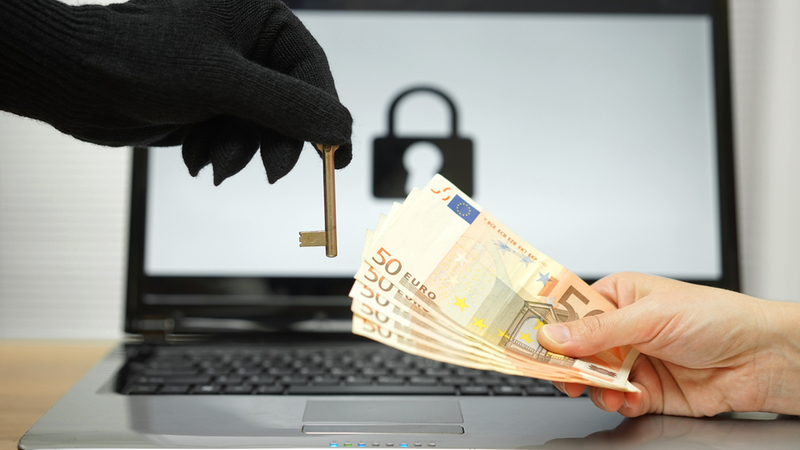If you've ever seen the television programme 'Black Mirror', then you may be familiar with the concept of a hacker holding you to ransom with embarassing materials. Unfortunately, fiction has now become much more real, with a ransom email circulating that threatens to humiliate you unless you hand over your cash.
How the scam email works
It starts when you receive an otherwise ordinary-looking email that could've come from a friend or family member. However, the contents become far more sinister once you open the message. The ransom email threatens to expose you for something you haven't done unless you hand over cash.
The scam claims to have captured a personal video of you directly through your laptop's webcam, by accessing the camera over a remote desktop connection. The scammer explains that they'll expose you by leaking the video, unless you hand over around £500 or more through Bitcoin, a cryptocurrency that's popular with hackers as it cannot be traced easily.
One of the biggest examples of a ransomware attack in recent years was the 'WannaCry' outbreak, in which ransomware took control of over 200,000 NHS computers. According to research conducted by a tech company called Vanson Bourne, attacks like these cost British companies around £350 million in losses per year. Up to 40% of firms are hit at least 5 times in each annual period.
The message content
'Let's get straight to the purpose. You do not know me and you're probably wondering why you're getting this email.
In fact, I actually set up a malware on the XXX streaming (adult porn) website and guess what, you visited this website to experience fun (you know what I mean).
While you were watching video clips your web browser started functioning as a remote control desktop with a keylogger which provided me access to your screen and also webcam.
Just after that, my software gathered your complete contacts from the messenger, social networks, as well as email account. Next, I created a video.
The first part displays the video you were watching (you've got nice taste haha…) and second part shows the view of your web camera, yeah it is u.
There are just two possibilities. Very first solution is to ignore this email.
In this situation I will send your recorded material to all your contacts and thus just consider the embarrassment you can get. 2nd alternative will be to give me $3,000.
Let us regard it as a donation.
In such a case I most certainly will instantly eliminate your videotape. You will make the payment by Bitcoin.
If you are planning on going to the police, look, this message cannot be traced back to me. I have covered my moves.
You have a day in order to pay.'
What should you do if you receive the email?
Though criminals are terrifying some people into handing over more than £500 in the value of Bitcoins, there's actually little that you need to do in the wake of receiving the email. Of course, regardless of what you've done in your spare time, the likelihood of the hackers having access to your computer and any media footage is slim to none.
Personal information included in the emails to make them appear more legitimate is easily obtained online. As we've seen from previous media reports, some user information can be purchased online for as little as £3 on the 'dark web'.
But if you're worried about security, you can always talk to WiseGuys to see what can be done to improve your protection against scammers. Speak to us on 0808 123 2820.
As a general rule, never open suspect links from emails or hand over cash to somebody you don't recognise after a demand such as this one. Anti-virus software can also help to prevent a lot of scams that resolve around actual software that operates on your computer. Many types of malicious software can also be delivered via email from rogue sources. So, it pays to have an up-to-date anti-virus installed on your computer. WiseGuys can also provide advice on which software to use, or get your computer updated if it doesn't currently have one.



Recent Comments